Introduction
Apple is once again making headlines with its next wave of custom silicon. According to a recent Bloomberg report, the tech giant is developing specialized chips for smart glasses and AI servers. This signals a major leap into wearable and enterprise hardware markets, building on the success of its M-series processors. In this blog, we highlight the top 7 chip innovations that Apple is working on and explore how they could shape the future of both consumer and enterprise tech.
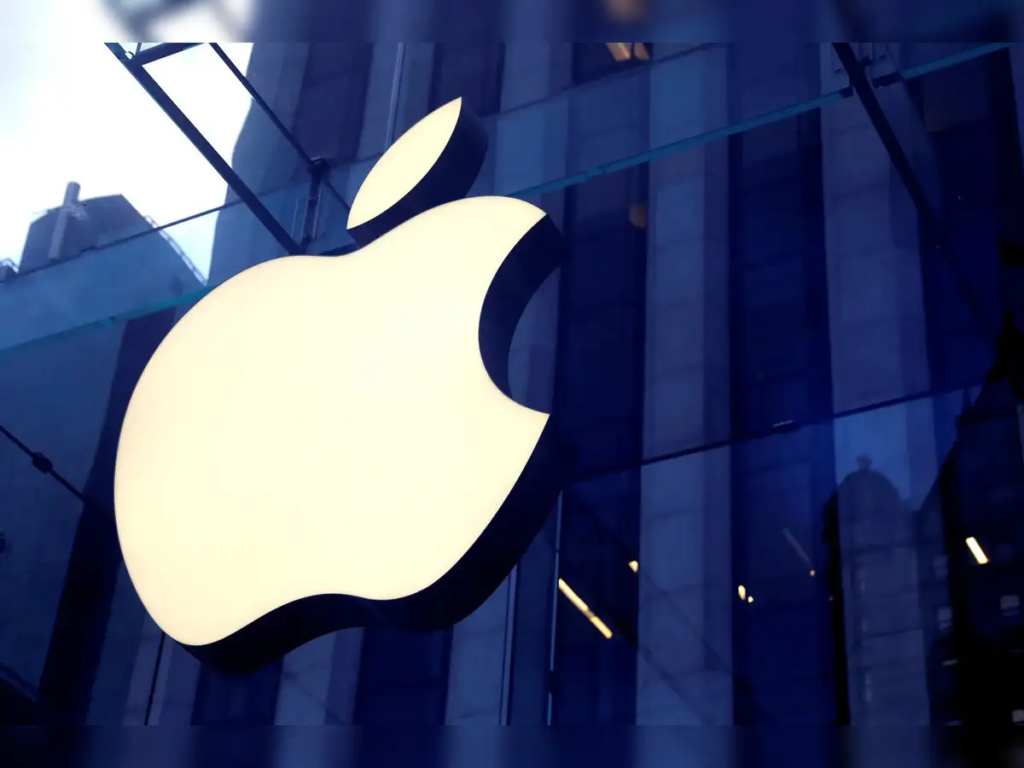
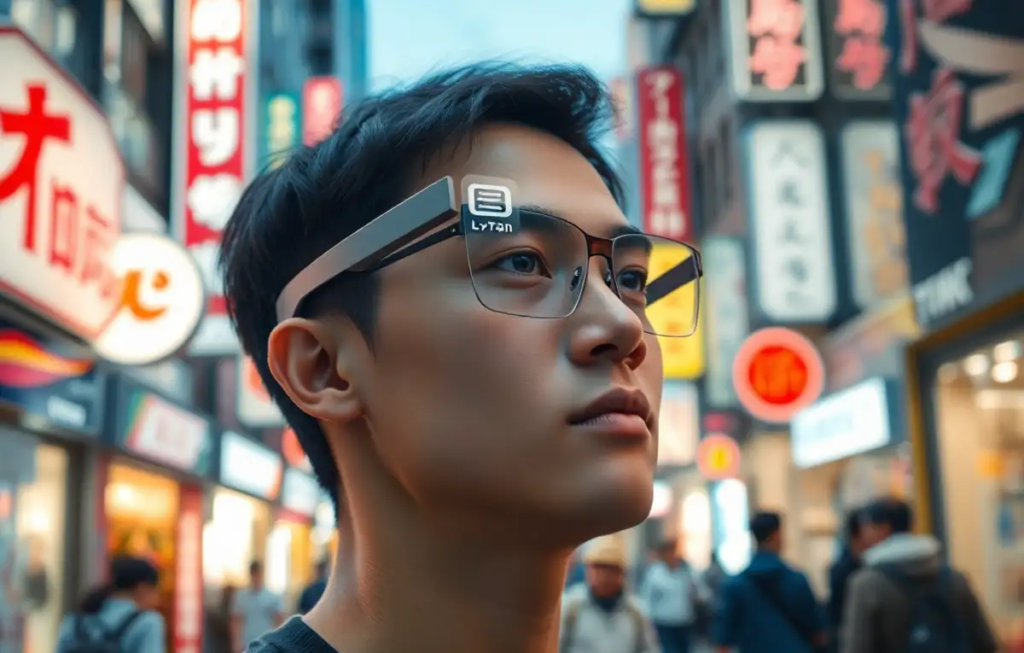
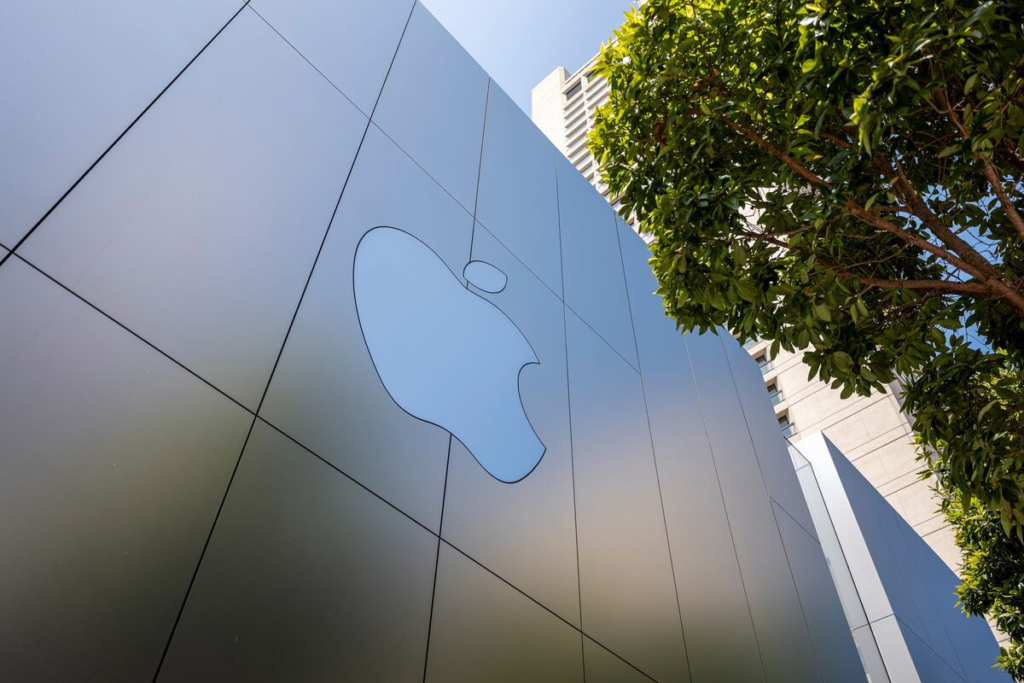
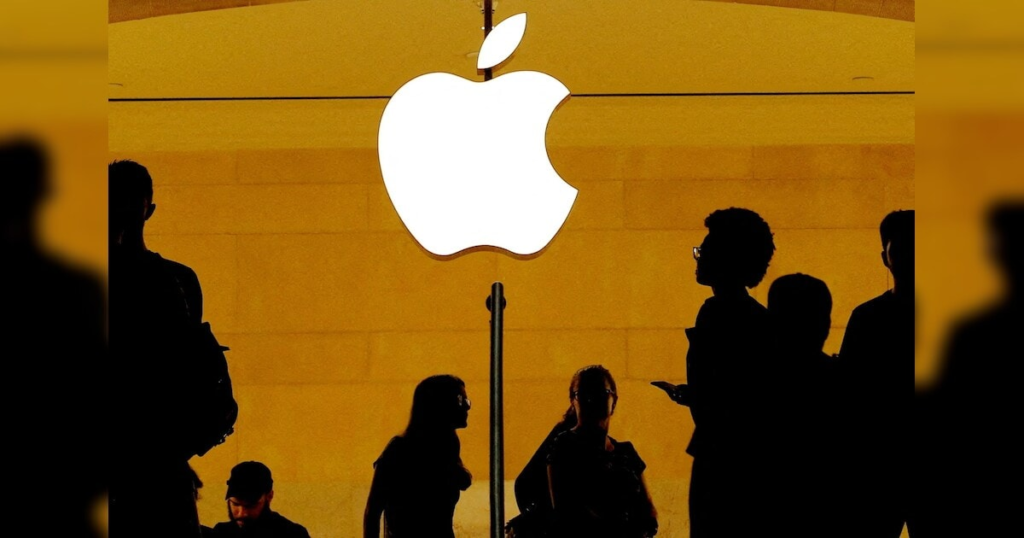
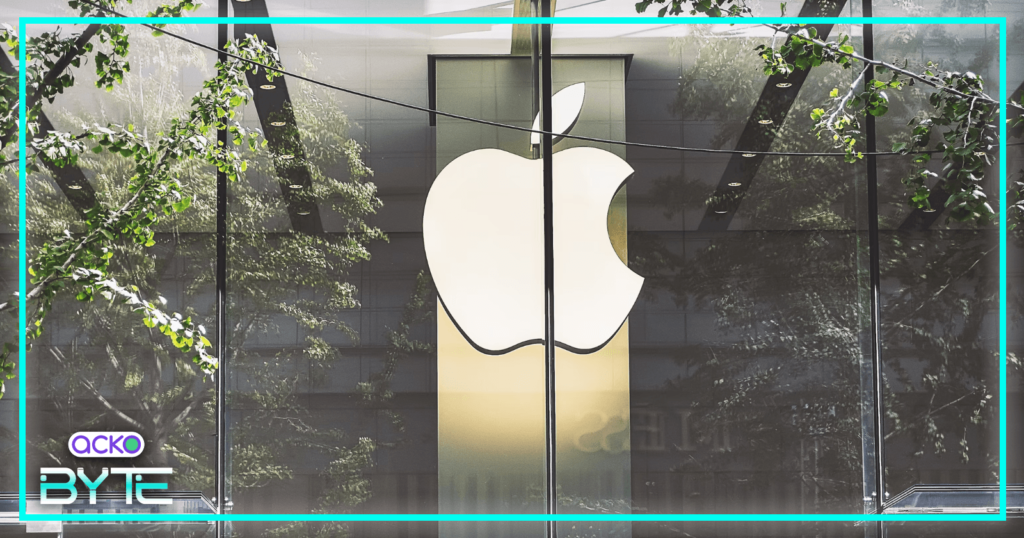
1. Ultra-Efficient Chips for Smart Glasses
Apple is designing lightweight, low-power chips specifically for its upcoming AR smart glasses. These chips aim to deliver high performance while maintaining minimal energy consumption—key for all-day wearable use.
2. Custom Neural Engines for On-Device AI
Much like the neural engines in iPhones, Apple’s smart glasses chips are expected to support real-time AI processing directly on the device, allowing features like instant translation, object recognition, and adaptive user interfaces.
3. Data Center-Grade AI Chips
Beyond wearables, Apple is entering the AI server market with chips tailored for massive machine learning workloads. These chips will likely support its growing cloud services, including Siri improvements and on-device intelligence for developers.
4. Integration with Apple Silicon Ecosystem
Apple’s new chips are expected to be fully integrated into the existing Apple Silicon architecture, ensuring seamless performance and ecosystem compatibility across Macs, iPhones, and future wearables.
5. Advanced Thermal Management
For both smart glasses and servers, Apple is innovating in chip design to manage heat efficiently. This is especially critical in compact wearable devices where overheating can impact user experience.
6. Enhanced Security Features
Security remains a priority. Apple’s upcoming chips will feature advanced Secure Enclave technology and on-device encryption, protecting user data on wearables and enterprise servers alike.
7. AI-Optimized Chip Architecture
These new chips will likely introduce architectural changes optimized for AI workflows, such as faster matrix multiplications and expanded tensor processing capabilities, helping Apple compete with NVIDIA and AMD in the AI hardware space.
Conclusion
Apple’s push into smart glasses and AI servers with custom chips marks a strategic expansion of its silicon roadmap. From ultra-efficient wearable processors to data center-grade AI engines, the innovations coming out of Cupertino promise to redefine both how we interact with devices and how AI scales in the cloud. Stay tuned as more details emerge about Apple’s ambitious plans for the next generation of custom silicon.
Want to understand how Apple’s current M4 chip stacks up? Check out our breakdown of Apple’s M4 Chip Specs and Performance.









